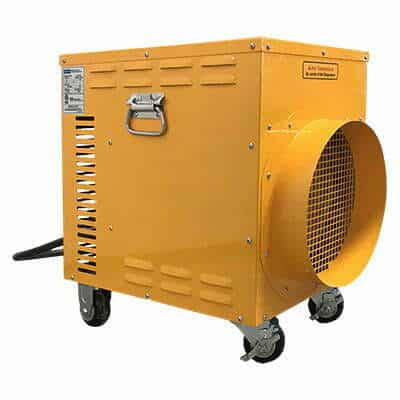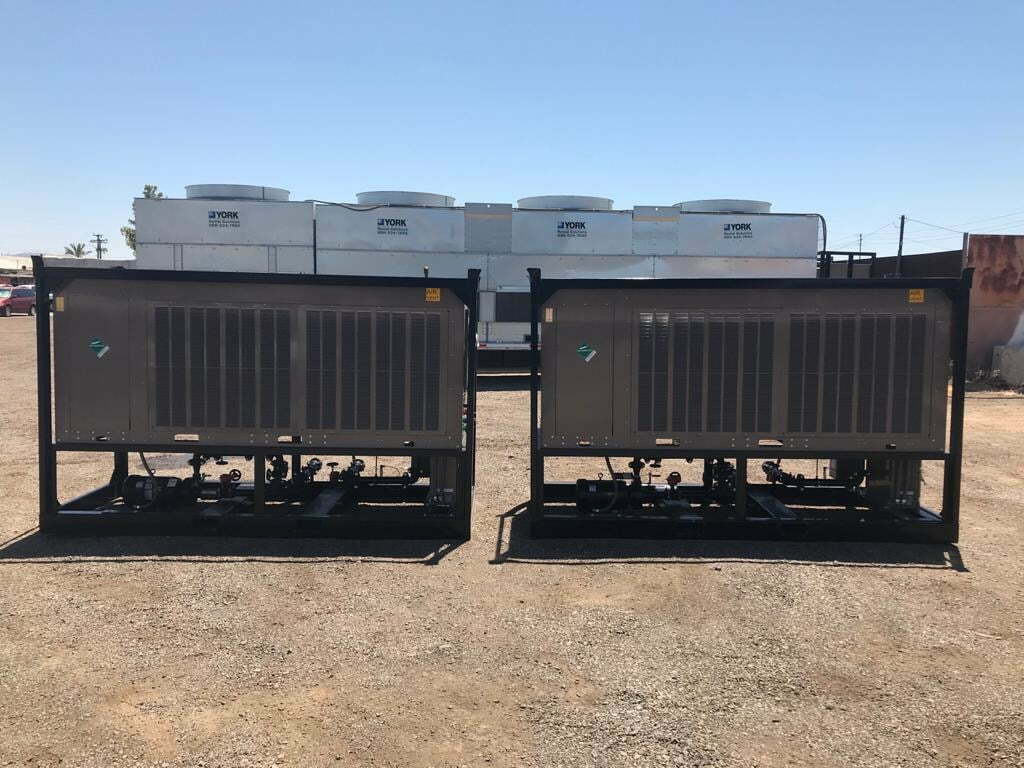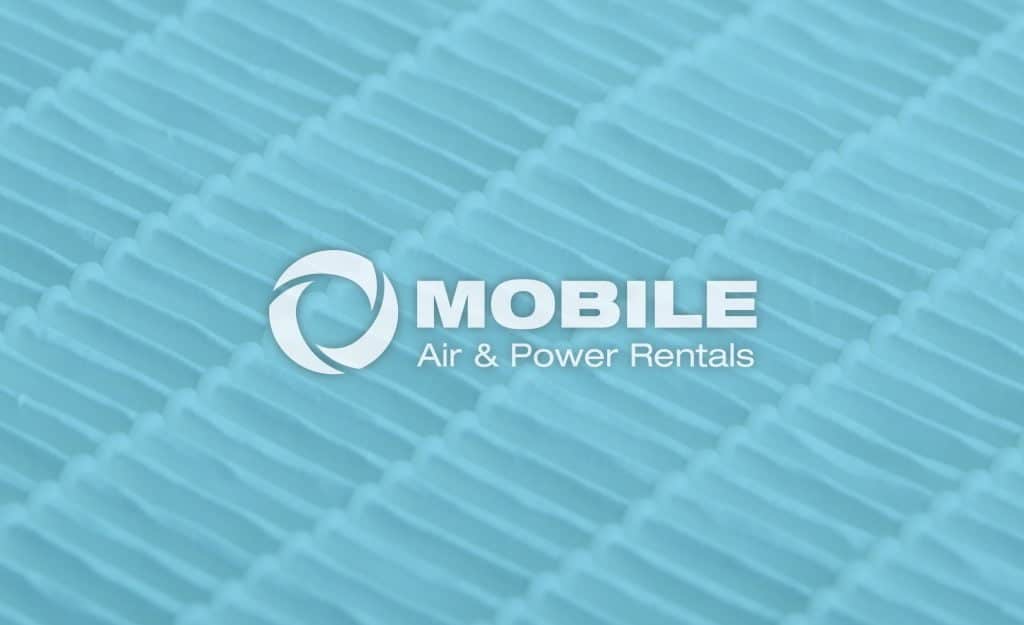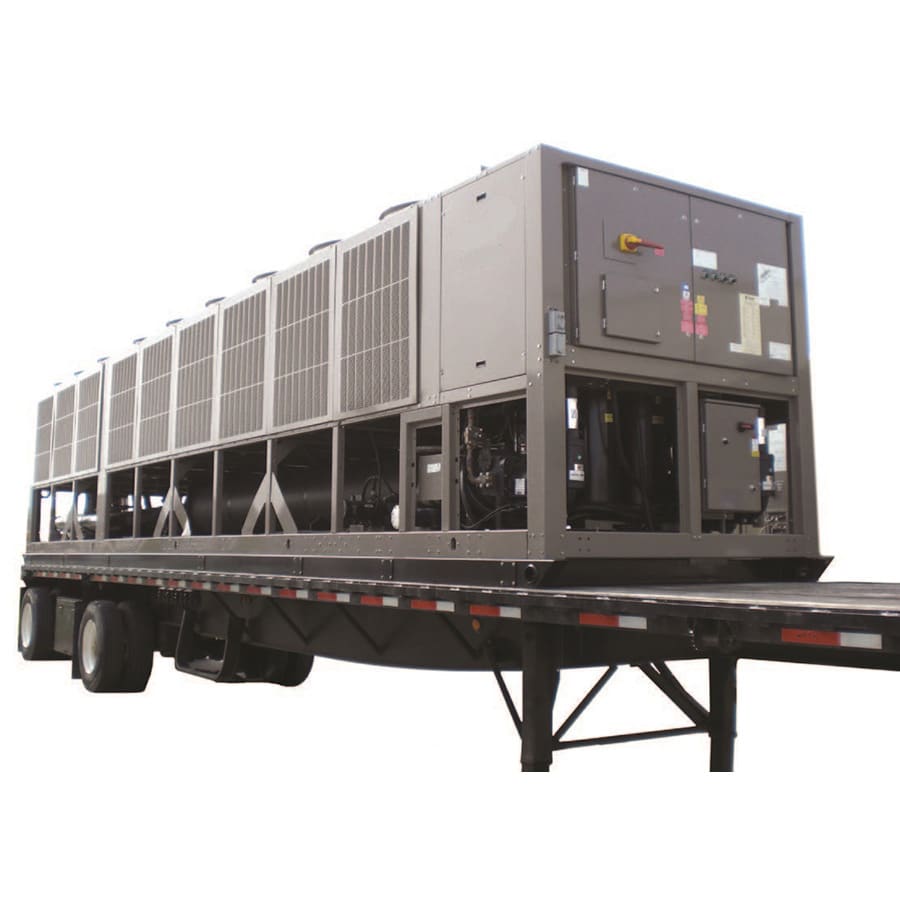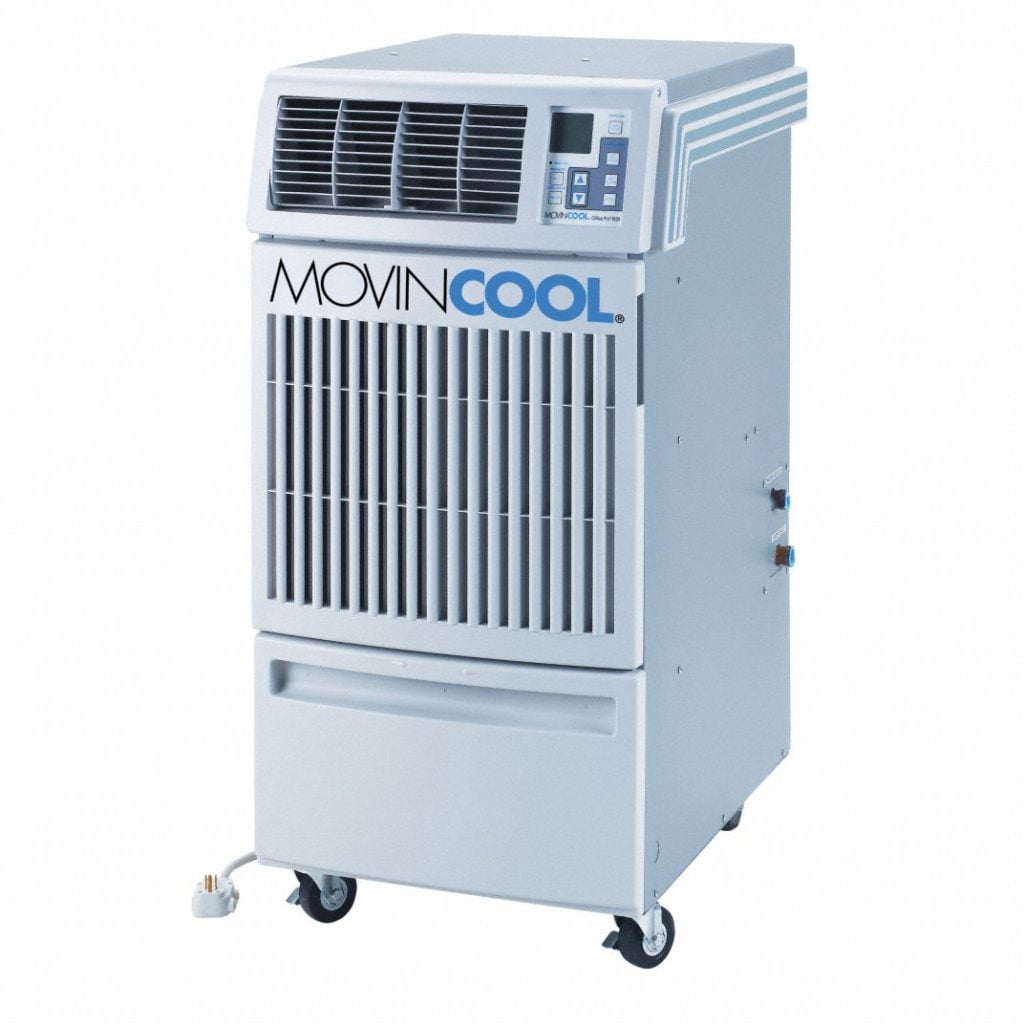As it pertains to commercial HVAC maintenance, the fall season is an opportune time to take proactive steps. With winter soon approaching, taking care of your HVAC system during these months will help ensure your facilities will remain comfortable and most importantly, operational. The last thing you want during those cold months is a system failure, leaving you and your team shivering for a quick solution.
You may be wondering: Do I really need fall HVAC maintenance? Before we dive into the top tips for maintaining your HVAC system in the fall, let’s take a look at why this practice is so important. First and foremost, regular maintenance helps prevent equipment breakdowns and failures and extends the longevity of the unit. Although it may seem costly or time consuming if there are no apparent problems, over the long term you will save money by extending the lifespan of your equipment. Also, regular maintenance will improve the overall performance and efficiency of your HVAC system. Having properly functioning heating and air allows the unit to work as intended, versus overworking itself to heat or cool your building. This, in turn, results in lower energy costs.
With that being said, our team of experts has put together the top 5 fall HVAC maintenance tips that will be sure to help keep your system not only running, but operating as efficiently as possible.
1. Keep your outdoor HVAC equipment clean
One easy to implement maintenance strategy is keeping your outdoor HVAC equipment clean from debris, leaves, and other items that end up on or near it. This is important as the debris can disrupt the proper airflow, causing the system to work harder and less efficiently. In turn, your bill unnecessarily increases and there is more wear and tear on parts. First, turn the unit off and use a hose to spray off debris. If no hose is available, look for twigs, leaves, sticks, plastic, or other items and remove them. Clean off any dust, dirt, and pollen that may be noticeable.
2. Check your thermostat to ensure it is properly functioning
If your thermostat is not functioning properly, your HVAC system can be overworked, causing extra wear and tear and higher bills. Testing your thermostat to ensure it is working properly is a simple and effective maintenance tip. To do so, check to see if your thermostat is displaying an accurate temperature. Place an accurate thermometer right next to your thermostat and check the temperature reading after 15 minutes. Does it match the temperature reading on your thermostat within a degree or two? If so, great! If not, you may need to have it serviced and calibrated correctly. Next, be sure to check that the thermostat responds properly when you adjust the settings. For example, if you program it to have the heat come on once the temperature hits 67 degrees, test that functionality. If you have pre-programmed settings, now would be a good time to check those as well.
3. Check and replace filters regularly
One tried and true maintenance suggestion for any HVAC system is the replacement of dirty filters on a regular basis. Every few months, check your filters to see if they need to be cleaned or replaced all together. Dirty filters will restrict airflow and reduce the efficiency, causing it to work harder and more expensively. This is a simple, yet often forgotten tip that only takes a matter of minutes to do. Check your owner manual if you are unsure of where to find the filter in your system.
4. Clean out the vents
Throughout the year, dust and debris can make its way into your HVAC system vents. Fall is always a good time to inspect your vents and to clean them properly as needed. This dust and debris ends up on your coil and blower motor and causes loss to your efficiency and higher energy bills. If you do not have the means to reach or clean the vents, a local professional can assist.
5. Schedule professional routine maintenance
Although certain maintenance routines can be completed by facility managers and others, there are many reasons scheduling a professional provider to help out makes sense. By scheduling annual or bi-annual maintenance, you can eliminate many minor problems from turning into much larger and more expensive issues, such as equipment failure and replacement. Reliable HVAC companies will provide the basic maintenance, such as inspecting and changing your filters, cleaning the vents, and checking your thermostat. In addition, they will also spend time on more technical maintenance, by inspecting the electrical components, refrigerant levels, motors, and switches. Lastly, some manufacturers will require this type of maintenance yearly to maintain your warranty with them.
There you have it. The top 5 fall hvac maintenance tips to keep your systems running efficiently. Don’t be left scrambling this winter with HVAC issues that can render your business inoperable. Take these proactive steps and your HVAC system will get through the winter months without issue!
